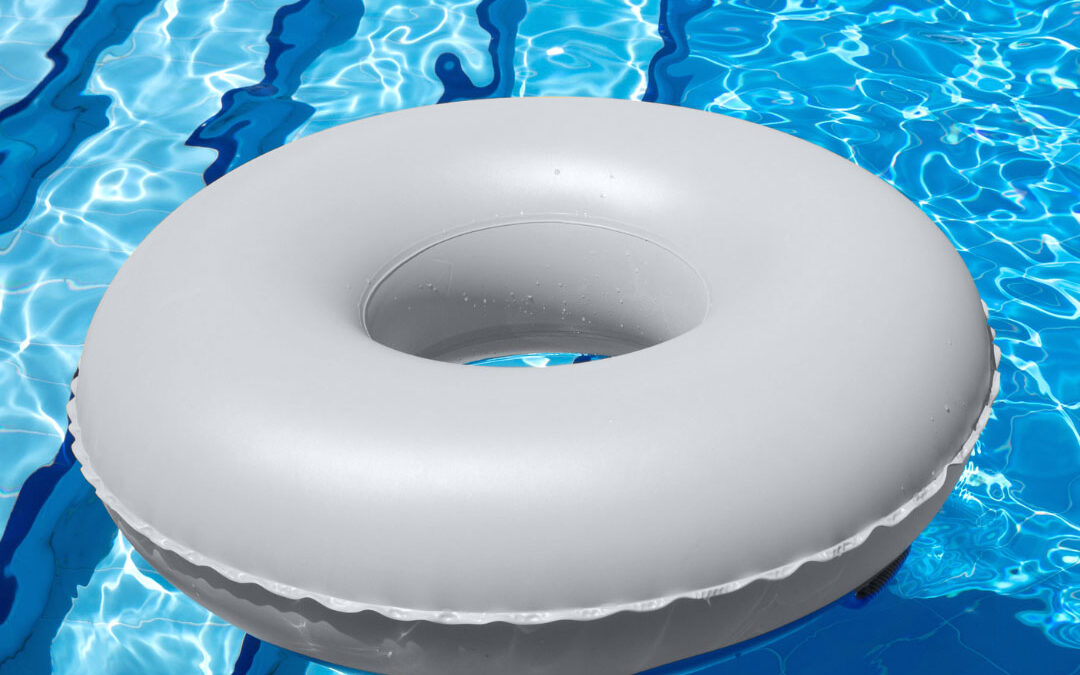Eczema, also known as atopic dermatitis, is a chronic skin condition characterized by inflamed, itchy, and red patches. For those living with eczema, summer can pose unique challenges. The heat, humidity, sweat, and increased outdoor activities can exacerbate symptoms, making it crucial to adopt specific strategies for managing eczema during this season. Additionally, swimming is a popular summer activity, but for individuals with eczema, it requires careful consideration to avoid flare-ups. At Premier Allergy, Asthma & Sinus Care we’re experts in dealing with eczema. This blog will explore effective ways to manage eczema in the summer and provide tips for swimming safely.
Understanding Eczema
Eczema is a condition that causes the skin to become dry, itchy, and inflamed. It often appears in childhood but can affect individuals of any age. The exact cause of eczema is unknown, but it is believed to be related to a combination of genetic and environmental factors. Triggers can vary from person to person and may include allergens, stress, weather changes, and irritants such as soaps and detergents.
Challenges of Eczema in the Summer
Summer can be particularly challenging for individuals with eczema due to several factors:
1. Heat and Sweat: Heat increases sweating, which can irritate the skin and lead to flare-ups.
2. Sun Exposure: While moderate sun exposure can benefit eczema by boosting vitamin D levels, excessive exposure can cause sunburn and worsen symptoms.
3. Humidity: High humidity can make the skin feel sticky and uncomfortable, while low humidity (in air-conditioned environments) can dry out the skin.
4. Swimming: Chlorine in pools and salt in seawater can irritate sensitive skin.
5. Outdoor Activities: Increased exposure to allergens like pollen can trigger eczema.
Managing Eczema in the Summer
1. Stay Cool and Hydrated
- Keep Cool: Wear light, breathable clothing made of cotton or other natural fibers. Stay in shaded areas and use fans or air conditioning to keep cool.
- Hydrate: Drink plenty of water to keep your skin hydrated from the inside out. Dehydration can worsen eczema symptoms.
2. Modify Your Skincare Routine
- Gentle Cleansing: Use mild, fragrance-free cleansers to avoid irritating your skin. Avoid hot showers and opt for lukewarm water instead.
- Moisturize: Apply a heavy-duty moisturizer immediately after bathing to lock in moisture. Choose ointments or creams rather than lotions for better hydration.
- Sun Protection: Use a broad-spectrum sunscreen with at least SPF 30 that is free from fragrances and dyes. Test a small amount on a patch of skin first to ensure it doesn’t cause a reaction.
3. Dress Appropriately
- Breathable Fabrics: Opt for loose-fitting, breathable clothing made of cotton or other natural materials. Avoid rough fabrics like wool that can irritate the skin.
- Protective Gear: Wear a wide-brimmed hat and sunglasses to protect your skin from direct sun exposure.
4. Manage Sweat
- Stay Dry: Keep a clean towel handy to gently blot sweat from your skin. Avoid rubbing, which can irritate the skin.
- Cool Showers: Take cool showers after sweating to remove salt and bacteria from the skin. Follow up with a moisturizer.
Swimming with Eczema
Swimming can be beneficial as it offers gentle exercise and can be soothing in some cases. However, the chemicals in pools and the salt in seawater can pose challenges for eczema sufferers. Here are some tips to enjoy swimming while minimizing the risk of flare-ups:
1. Before Swimming
- Barrier Creams: Apply a thick layer of an emollient or barrier cream before entering the water. This helps protect the skin from chlorine and salt.
- Rinse Off: Rinse your skin with fresh water before swimming. This can reduce the amount of chlorinated or salty water your skin absorbs.
- Patch Test: If you’re trying a new pool or beach, do a patch test by dipping a small part of your skin in the water to see how it reacts.
2. During Swimming
- Limit Time in Water: Prolonged exposure to water can dry out your skin. Limit your time in the pool or ocean to avoid excessive dryness.
- Hydrate: Keep yourself hydrated by drinking water regularly while swimming.
3. After Swimming
- Rinse Immediately: Rinse off with fresh water immediately after swimming to remove chlorine or salt residue from your skin.
- Moisturize: Apply a moisturizer as soon as you dry off. This helps to lock in moisture and soothe your skin.
- Clean Clothing: Change into clean, dry clothing right after swimming to prevent irritation from wet or salty clothes.
Additional Tips for Eczema Management
1. Diet and Hydration
- Healthy Diet: Eat a balanced diet rich in fruits, vegetables, and omega-3 fatty acids, which can help reduce inflammation.
- Avoid Triggers: Identify and avoid foods that trigger your eczema. Common triggers include dairy, nuts, and gluten.
2. Stress Management
- Relaxation Techniques: Practice relaxation techniques such as yoga, meditation, or deep breathing exercises to reduce stress, which can trigger eczema flare-ups.
3. Environmental Control
- Clean Environment: Keep your living space clean and free from dust mites and other allergens. Use air purifiers if necessary.
- Humidifiers: Use a humidifier in dry environments to keep the air moist and prevent your skin from drying out.
4. Medical Advice
- Consult a Dermatologist: Regular visits to a dermatologist can help you manage your eczema effectively. They can provide prescription treatments and personalized advice.
- Medication Adherence: Follow your doctor’s recommendations for using topical treatments, oral medications, or other prescribed therapies.
Enjoying Summer with Eczema
Living with eczema doesn’t mean you can’t enjoy the summer. By taking proactive steps to manage your condition and protect your skin, you can participate in summer activities and make the most of the season. Remember to:
- Stay Cool: Beat the heat with appropriate clothing, hydration, and seeking shade.
- Protect Your Skin: Use gentle skincare products, moisturize regularly, and protect your skin from the sun.
- Swim Smart: Follow pre- and post-swimming routines to minimize irritation from chlorine and saltwater.
With these strategies, you can reduce the impact of eczema on your daily life and enjoy a fun, active, and comfortable summer. Stay informed, stay prepared, and most importantly, have fun!
If you feel that your eczema is out of control, reach out to us today. We’re here for you.




